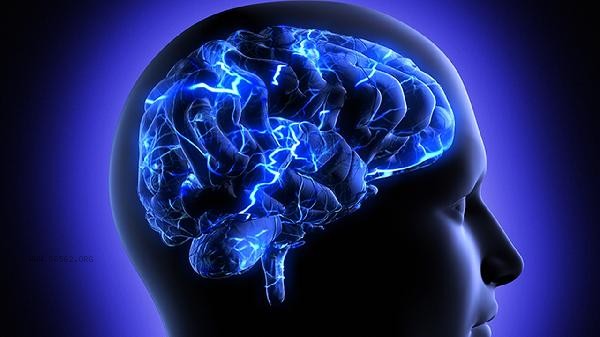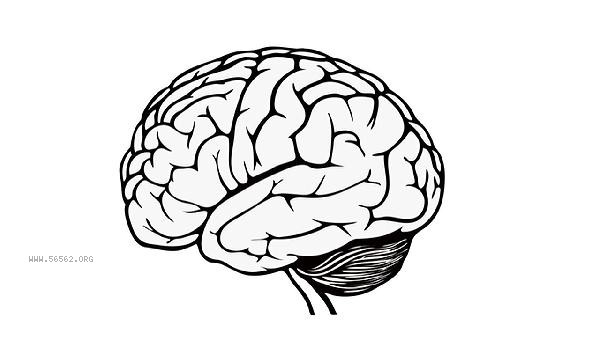The brain not being controlled by itself may be caused by diseases such as obsessive-compulsive disorder, Tourette's syndrome, epilepsy, schizophrenia, or Parkinson's disease. These symptoms usually manifest as an inability to independently control thinking, behavior, or body movements, and require diagnosis based on specific clinical manifestations.

1. Obsessive Compulsive Disorder
Obsessive Compulsive Disorder patients may experience repeated compulsive thoughts or behaviors that they know are unreasonable but cannot control. Common symptoms include repeatedly washing hands and checking if doors and windows are closed properly. Obsessive compulsive disorder may be related to genetic factors, imbalance of neurotransmitters in the brain, or psychosocial factors. Cognitive behavioral therapy can be used for treatment, and selective serotonin reuptake inhibitors such as fluoxetine, sertraline, or fluvoxamine can be used as prescribed for medication.
2. Tourette's syndrome
Tourette's syndrome is mainly characterized by involuntary motor tics and vocal tics, which patients cannot control. Symptoms may include blinking, shrugging, clearing the throat, or using foul language. This disease usually occurs in childhood and may be related to dysfunction of the basal ganglia. Behavioral therapy can be used for treatment, and antipsychotic drugs such as aripiprazole, risperidone, or haloperidol can be used according to medical advice.
3. Epilepsy
During epileptic seizures, patients may experience uncontrolled symptoms such as loss of consciousness and limb twitching. Partial seizures may manifest as local involuntary limb movements or abnormal sensations. Epilepsy may be related to brain damage, genetic factors, or metabolic abnormalities. Diagnosis relies on electroencephalogram examination, and treatment can follow the doctor's advice to use antiepileptic drugs such as sodium valproate, carbamazepine, or levetiracetam.

4. Schizophrenia
Schizophrenia patients may experience a sense of mental control, believing that their thoughts are being manipulated by external forces. Other symptoms include hallucinations, delusions, and emotional apathy. This disease may be related to abnormalities in the dopamine system, changes in brain structure, or genetic factors. The treatment should be combined with antipsychotic drugs such as olanzapine, quetiapine, or risperidone, as well as psychological and social rehabilitation therapy.
5. Parkinson's disease
Parkinson's disease patients may experience symptoms such as bradykinesia, resting tremors, and muscle rigidity. In the late stage, they may experience motor fluctuations, manifested as sudden inability to control limb movements when medication fails. This disease is related to degeneration of dopaminergic neurons in the substantia nigra. Treatment can include drugs such as levodopa, dopamine receptor agonists, or monoamine oxidase B inhibitors. In severe cases, deep brain electrical stimulation surgery may be considered. When experiencing symptoms of uncontrolled brain function, it is recommended to seek medical attention promptly for professional evaluation. Regular routines should be maintained in daily life to avoid excessive fatigue and stress. In terms of diet, it is advisable to increase foods rich in antioxidants, such as dark vegetables and berry fruits. Moderate exercise can help improve neurological function, but it is necessary to choose the appropriate exercise method under the guidance of a doctor. Family members should provide patients with full understanding and support, avoid excessive attention to symptoms or pressure, and cooperate with the treatment plan formulated by the doctor for standardized treatment.









Comments (0)
Leave a Comment
No comments yet
Be the first to share your thoughts!